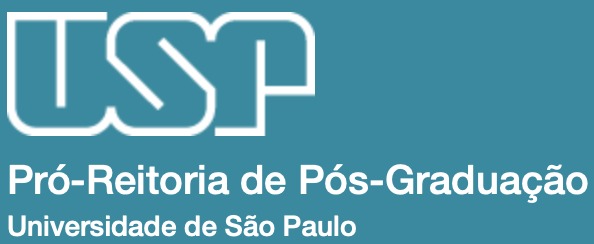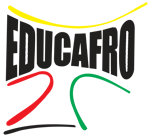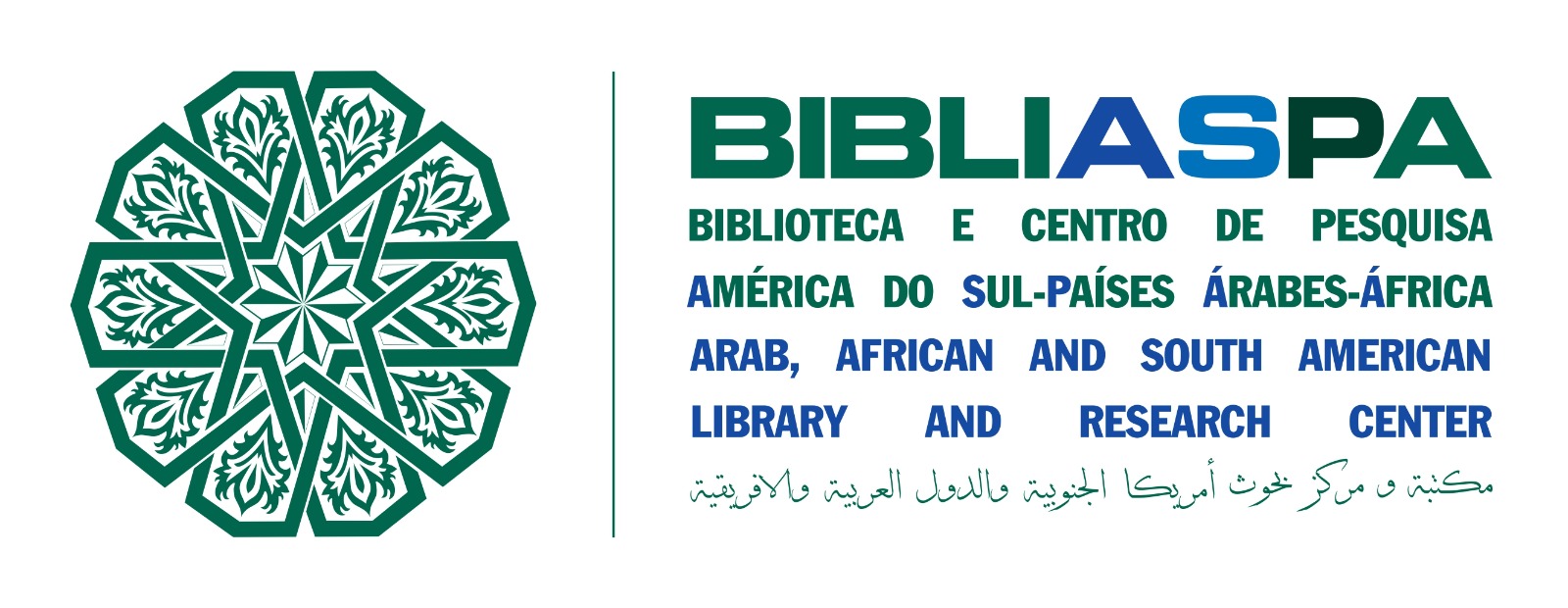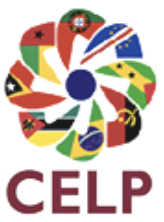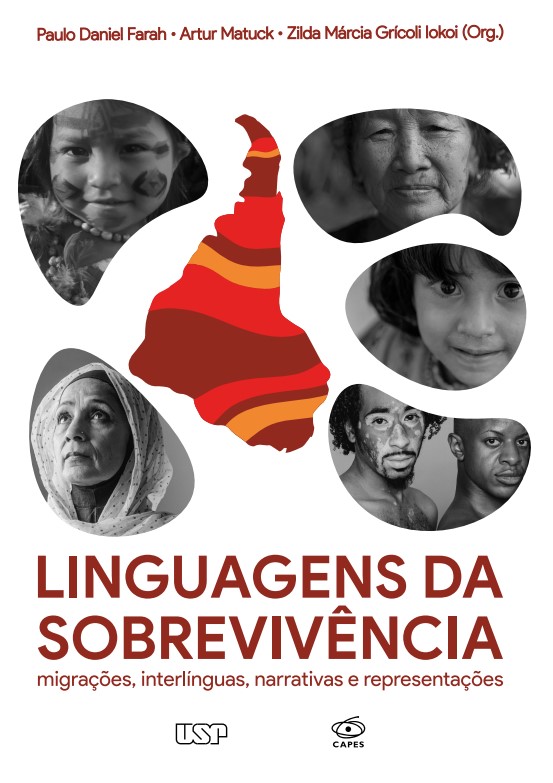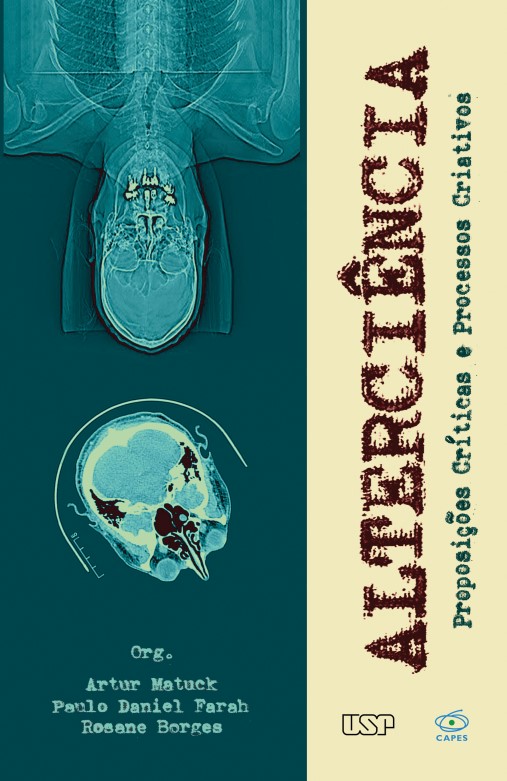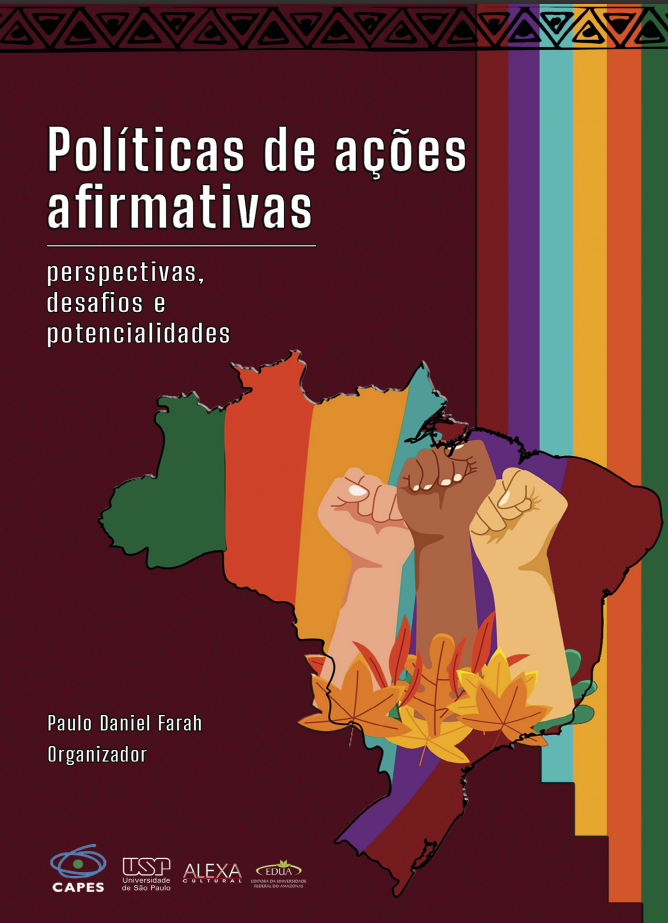1) CORPORALITIES, ALTERITIES, TERRITORIES AND MODES OF EXISTENCE
Themes:
Social markers of differences, bodies and corporealities, discrimination and subalternization; decolonial and counter colonial thinking; whiteness, racism, ethnocentrism, capacitism, sexism, machismo; transphobia; homophobia; xenophobia; black and quilombola movements, feminisms and transfeminisms, black and american feminisms, LGBQIA+ movements, gender, sexuality and generation; movements of people with disabilities, disabilities, health, education and care; migratory processes (refuge, exile, immigrants, refugees and stateless people); religiosities; religious intolerance and racism; peripheral territories and borders, territory and social justice, other forms of living.
Rationale:
Guided by the critical thinking of Ladin Africa and the contributions of thinking people from the Global South, this research line is committed to the set of analytical tools offered by decolonial, anti colonial and counter colonial knowledge, with a view to overcoming the permanent state of emergency that determines social places imprisoned in the dichotomous binarisms of modernity. Aware that colonial violence has been actualized since the first original peoples, it is urgent to turn the academic-scientific investigations to the ways of existence and the technologies of survival mobilized by the communities of African and Amerindian origin, whose bases can be seen in the quilombismo, in the religions of African origin, in the senzala revolts, in the legalities claimed by community leaders, in the legitimation claimed by the populations installed in territories of high social vulnerability, and in the other strategies designed by those groups and collectives to maintain human life and dignity.
Thus, this line draws on the theoretical and methodological tools of the intersectional perspective, social markers of difference and critical theory to understand, analyze and intervene in the classist, racist, sexist and capacitating discourses and practices that structurally cross contemporary societies, and throughout history, and that discriminate against and exterminate black, indigenous, migrant, refugee, stateless, LGBTQIA+, disabled and neurodivergent people. Included, therefore, is research interested in understanding how corporalities are crossed by processes of subalternization, inequalities, and differences, and how other dimensions of public and common can be erected through revolutionary praxis. Also included are investigations on popular religiosities and of African matrix, migratory processes, exile and refuge, and peripheral cultural practices, in which territories are marked by various processes of subalternization.
Permanent Professors:
André Mota
Diego dos Santos Reis
Eucenir Fredini Rocha
Francione Oliveira Carvalho
Margarida Maria Moura
Maria das Graças de Souza
Maria de Lourdes Zuquim
Mônica Guimarães Teixeira do Amaral
Paulo Daniel Elias Farah
Reinaldo Miranda de Sá Teles
Renato da Silva Queiroz
Sérgio Bairon Blanco Sant'Anna
Silvana de Souza Nascimento
Sumaya Mattar
Professors that cooperate with the Program
Aivone Carvalho Brandão
Maria Angélica Souza Ribeiro
Marilia Librandi Rocha
Marta Gouveia de Oliveira Rovai
2) LITERARY, HISTORIOGRAPHICAL, LINGUISTIC, NARRATIVE, CULTURAL AND EDUCATIONAL STUDIES
Themes:
Orality, oral history, narratives, black, indigenous, African, Arab, Asian, South and Central American, diasporic, nomadic, intercultural and-or plurilingual literatures and expressions, creative writing, biographical, comparative study of literatures, relations between history and literature, memories, processes of teaching-learning and/or acquisition of Brazilian and foreign languages, discourse analysis, (studies of) translations and cultural mediations, interculturality, transcreations, bibliodiversity, valorization and transmission of knowledge, protagonism of non-Eurocentric or occidocentric knowledge and frameworks, epistemologies of the South, cultural and intellectual resistance, cultural dynamics, artistic manifestations, performances, soirées, installations and interventions, history of education and of public education policies, formal and non-formal education.
Rationale:
This line of research contemplates projects that are developed through the articulations and relations between history, literature, linguistics, education and/or culture studies, in interdisciplinary and transdisciplinary approaches, under diverse theoretical perspectives and epistemological horizons. It aims to promote a space for debate on critical practices linked to Brazilian and foreign literatures, including, but not limited to, black, African, Asian, South and Central American literatures, diasporic, nomadic, intercultural and/or plurilingual literatures, engendering the comparative study of literatures, the relations between history and literature, creation processes, creative and biographical writings, and contemporaneity.
It also includes studies that investigate orality, oral history, diverse narratives, memories, processes of teaching-learning and/or acquisition of Brazilian and foreign languages, the phenomenon of translation as rewriting, translations and cultural mediations, critical interculturality, transcription, translutological studies, bibliodiversity, valorization and transmission of knowledge, protagonism of knowledge and frameworks that are not necessarily Eurocentric or occidocentric, epistemologies of the South, cultural and intellectual resistance. Also investigated are identities, subjectivities, studies of cultural dynamics, artistic manifestations, performances, soirées, installations and interventions, representations as practices and formation of ideas, research on themes, works, sources and historiographical conceptions, in dialogue with other forms of knowledge production, the history of education and public education policies, educational practices, formal and non-formal education, among other themes.
Permanent Professors:
Artur Matuck
Diego dos Santos Reis
Francione Oliveira Carvalh
Margarida Maria Moura
Maria das Graças de Souza
Maurício Cardoso
Mônica do Amaral
Paulo Daniel Elias Farah
Rejane Vecchia da Rocha e Silva
Sumaya Mattar
Zilda Marcia Grícoli Iokoi
Professors that cooperate with the Program
Claudia Moraes de Souza
Jose Carlos Sebe Bom Meihy
Maria Angélica Souza Ribeiro
Sandra Regina Chaves Nunes
3) CREATIVE MEDIA, SOCIAL MOVEMENTS AND EMERGING RIGHTS
Themes:
Studies of social, political and cultural movements, their historical, political, identity and iconographic claims for social justice, reparation, recognition and equity. Critical evaluation of ways of acting in demonstrations, public campaigns, celebrations, parties and festivals, performances, urban interventions, memorials, protests, rallies, strikes. Study of the Media in its analog, digital, or hybrid modalities, local or global, presential or remote, in its integration in media convergences and in its historicity, in the archeology of contemporary media and technologies.
Evaluation of the impact of communication in terms of the theories of Representation, Narrativity, Identity Formation, Education, Iconomics, Medialogy, from the Theory of Law, Political Economy, Cultural Studies, History, Sociology, Anthropology, Communication, Semiology and Semiotics, Linguistics, Art and Aesthetics, Indigeneity, Blackness, Philosophy, Public Policy, as well as from the Theory, History and Philosophy of Law, Comparative Law, Emerging Rights, Copyright, Environmental Law, Animal Law.
Rationale:
It is intended to study, understand, evaluate, and investigate the correlations and interactions between claiming social movements, contemporary media, and emerging rights.
It also aims to investigate how social-political movements act, expressing their will to discuss, consolidate and transform social, professional and cultural relations, identities, attitudes, images and representations of their constituents, claiming rights, legislations, survival, resources, visibility, information and education, through various media, whether local, collective, public or mass, in order to achieve their social-political-cultural goals.
The purpose is also to analyze the gestation, materialization, and transmission of contents, as well as the media processes of communication, dissemination, repercussion, and absorption by audiences, through present or digital, reticular, cinematic, television, radio, and other media. The creative uses of languages, supports, and interactions proposed by agents, artists, companies, institutions, and schools that seek creativity and innovation in the structuring of messages, channels, and technologies, proposing advertising, aesthetic, interactive, or cooperative systems, renewing the relationship with present or remote audiences will also be evaluated.
It is also recognized as fundamental to investigate theories and methodologies of analysis, decoding, interpretation, unveiling senses and meanings, as well as to study the media as instruments of research and enunciation, especially in the area of human sciences, in universities and in professional practices.
Permanent Professors:
Artur Matuck
Giselle Gubernikoff
Ricardo Alexino Ferreira
Gilson Schwartz
Zilda Iokoi
4) POWERS, POLITICS AND RESISTANCE
Themes:
Public policies, social movements, public communication, legal forms and the strategies of domination, borders, restorative justice, rights, human and non-human rights, environment, anthropocene, dictatorships, democracies, conservatisms, liberal politics, forms of social control by the state, power of institutions (social and health care, schools, churches, insane asylums, prisons, asylums, long-stay institutions, etc. ), occupation of public space, urbanization processes; unionism; (un)employment; socio-territorial planning and social justice, Social Participation and Public Policies of Production and Management of the Habitat, other forms of living.
Rationale:
This line of research proposes to understand the power relations and resistances that configure social formations, legal forms and domination strategies in human societies. It also aims at understanding the application of political foundations that guide the Brazilian democratic order, understanding the behavior of public institutions and the social criticism carried out by collectives and social movements. Understanding that the management of public policies is a dimension of civil society, this line of research intends to propose criticism and act in the debates about the role of civil society in the construction of these policies. The rights inherent to the person - the right to life, to freedom, to education, to leisure, to health, to work and employment - will be contemplated according to the rationality of political foundations.
Research that investigates emerging rights, which should lead philosophical, social, cultural, political, and educational thought to reflect on the gradual acceptance of these demands in favor of the unjust, subalternized, enslaved, politically dominated, be these human persons, animals, or beings of nature, will be included. This includes works that investigate the tensions and power relations of institutions (social and health care, insane asylums, long-stay institutions, schools, church, prisons, etc.) and of spontaneous and non-institutionalized forms of rebellion and resistance; rights of nature beings, environmental law, animal rights.
Permanent Professors:
André Mota
Antônio Ribeiro de Almeida Júnior
Eucenir Fredini Rocha
Jose Antonio Vasconcelos
Karina Toledo Solha
Leonardo Gomes Mello e Silva
Luis Guilherme Galeão da Silva Galeão
Marcelo Arno Nerling
Maria de Lourdes Zuquim
Mariângela Furlan Haswani
Paulo César Endo
Reinaldo Miranda de Sá Teles
Professors that cooperate with the Program:
Marta Gouveia de Oliveira Rovai





